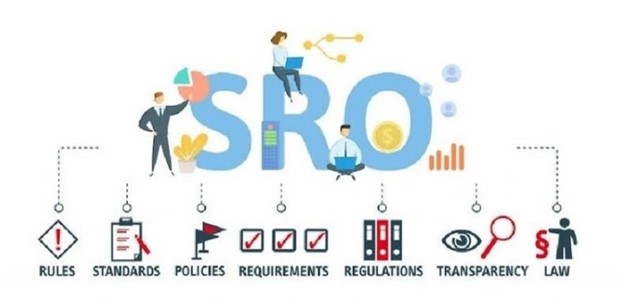Important Facts For Prelims
Omnibus SRO Framework
- 27 Mar 2024
- 4 min read
Why in News?
The Reserve Bank of India (RBI) has recently announced the finalisation of the Omnibus Framework for recognising Self-Regulatory Organisations (SRO) for its Regulated Entities (RE).
- The framework aims to address the increasing operations of regulated entities and the adoption of innovative technologies, while also improving industry standards for self-regulation.
Note:
- The draft framework was released for public comments on December 21, 2023, following an announcement in the Monetary Policy Statement of RBI.
- Inputs received from stakeholders were examined to finalise the Omnibus Framework.
What is the Omnibus SRO Framework?
- The Omnibus Framework is a comprehensive set of guidelines and regulations for recognising Self-Regulatory Organisations (SROs).
- The omnibus SRO framework sets out common objectives, functions, eligibility criteria, and governance standards for all SROs, regardless of the sector.
- It also establishes membership criteria and terms for SROs to follow in order to be recognised by the RBI.
- The framework represents the minimum requirements, and recognised SROs are encouraged to develop their best practices.
- The Reserve Bank may impose sector-specific additional conditions when calling for applications to recognise SROs, within the framework's broad parameters.
- It facilitates a coordinated and integrated approach to regulatory oversight while allowing for sector-specific guidelines to be issued separately for different sectors.
- Aims to foster transparency, professionalism, and independence within SROs to build confidence in the integrity of the sectors they regulate.
Note:
- Existing SROs recognized by the RBI will continue to be governed by their current terms and conditions unless the framework is specifically extended to them.
Self-Regulatory Organisations
- SROs are entities formed within specific industries or sectors to regulate themselves, often in collaboration with government regulators.
- SROs operate under the supervision of government regulators, who delegate certain regulatory functions to these organisations. While regulators maintain ultimate authority, they rely on SROs to monitor and enforce compliance within their respective industries.
- SROs aim to promote best practices and ethical conduct within their industries. They often provide guidance, training, and educational resources to help members understand and comply with regulatory requirements.
- These organisations develop and enforce industry-specific rules, standards, and codes of conduct aimed at ensuring compliance and ethical behaviour among their members.
- SROs operate with transparency and accountability to ensure that their regulatory activities are conducted in the public interest.
UPSC Civil Services Examination, Previous Year Questions (PYQs)
Prelims
Q. Which of the following statements is/are correct regarding the Monetary Policy Committee (MPC)? (2017)
- It decides the RBI’s benchmark interest rates.
- It is a 12-member body including the Governor of RBI and is reconstituted every year.
- It functions under the chairmanship of the Union Finance Minister.
Select the correct answer using the code given below:
(a) 1 only
(b) 1 and 2 only
(c) 3 only
(d) 2 and 3 only
Ans: (a)
Q. If the RBI decides to adopt an expansionist monetary policy, which of the following would it not do? (2020)
- Cut and optimize the Statutory Liquidity Ratio
- Increase the Marginal Standing Facility Rate
- Cut the Bank Rate and Repo Rate
Select the correct answer using the code given below:
(a) 1 and 2 only
(b) 2 only
(c) 1 and 3 only
(d) 1, 2 and 3
Ans: (b)





